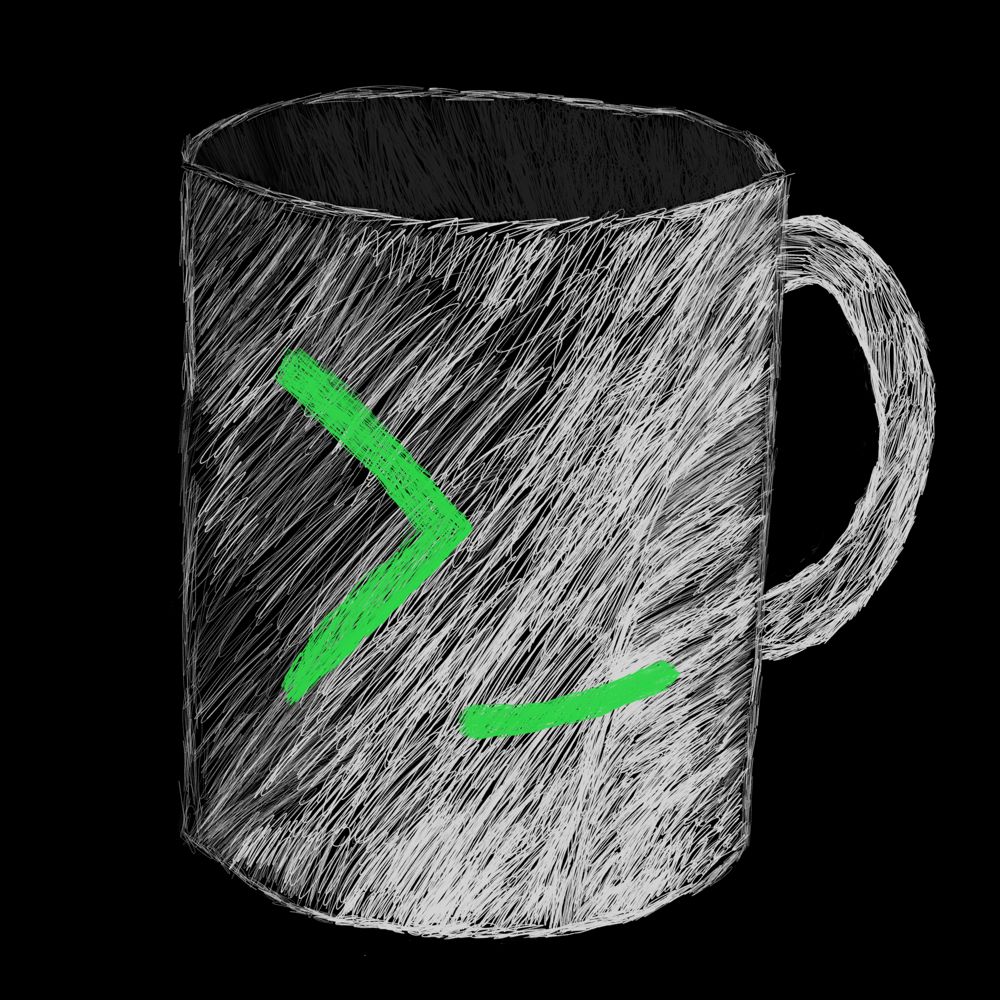Debian 12. HP Laserjet Professional P1606dn
If it prints at all, it prints the top inch of the test page or just random binary. I have tried the recommended driver, the driverless driver, the Generic PCL 4/5 driver, the Generic PCL 6 driver. And probably others I am not remembering.
I am trying to print over Ethernet, but I am about to drag the printer over near my desk and print via USB.
Fortunately, I don’t have actual critical printing to do right now and I am only setting up a printer after installing Debian 12. BTW this means it is a fresh install of Debian 12 too.
I have been helpdesk support at a data center. I would not consider myself a dummy, but this is getting ridiculous. A task that should have taken all of 10 minutes has taken over 2 hours so far.
How are we ever going to get “The Year of Linux on the Desktop” if simple printing is and continues to be such a pain?
You’re supposed to use
hplipfor HP printers. There’s a Debian package for it in the main repositories.
edit: You can look up the printers and supported features withhpliphere. Looks like your printer is perfectly supported (as long as you lethplip’s tray program install their proprietary driver plugin).I will try that. Thanks! I am not sure what features I don’t get to use because of the USB/Generic PCL printer setup I have now.
That was worse - the test page failed with “filter failed”, went back to “Generic PCL Laser Printer”, and was able to print a full Debian test page again.
Did you use hplip over USB or Ethernet? It might not be meant for use over USB.
In my experience printing has always been pain on all operating systems, especially Windows.
The fact that you literally need to open up about half of all possible TCP and UDP ports in a firewall just to get all printing protocols over the network to work at all and that the vendors try to prevent you from using third party ink, and other consumables is good evidence that it is more the printer vendors fault than anyone else’s.
Perhaps we need an “open source” laserprinter?
I wonder if even just an open source firmware for printers could work.
Actually, I think it might take a whole “open source” company - the printer itself is sold assembled at a profit (Much more expensive than printers today) but it can be assembled from available plans and off-the-shelf parts. The control inside the computer would probably be something a lot like a Raspberry Pi.
The ink is provided at the actual cost, and the formula for the ink is available.
The firmware is downloaded from the host computer on printer power-up, so that can be fully open source- allowing the user to correct or add functionality. Perhaps driven by a high-level “printer language” that would make writing printer firmware easy to understand and update.
I was thinking someone could make a firmware like Tasmota but for printers that can be installed on many existing printers, and a company could make a printer that runs that is designed to run that firmware just like how you can get smart home devices designed to run Tasmota. Also, we just need printers that properly support IPP.
But first, you will need to discover how to pry the existing firmware off so many different kinds of printers. This, unfortunately, is probably a DMCA violation (bypassing a security measure, for example, the code that forces one to use only ‘approved’ ink supplies)
I just did a test with my Brother printer on Windows. I saw one port opened for the print protocol and four or five for various name service protocols (because I have a homelab and have screwed around with DNS a little too much, apparently). If you’re opening half of all possible TCP and UDP ports to get the printing protocol to work, you’re doing something wrong.
I said “for all print protocols”, as in all the ones network printers have to support to get all possible clients to work.
Next time don’t buy HP, :(.
I bought this printer years ago. It has worked fine most of the time up until now. Perhaps this is what I get for installing the latest Debian.
I had a Canon multifunction that absolutely refused to work with Linux. Who sells Linux friendly printers?
Update = Connecting the printer via USB gave better results. I would rather talk to it via the existing ethernet, but I did have a long USB cable so at least I don’t have to give up half my desk. The printer is still connected to the network too. perhaps my wife can use it from windows.
At least for now I can print.
To be fair, printing on Windows isnt all roses and sunshine either :) Printing in itself is an issue. I remember how happy i felt when the big tech started talking about the paperless office and all…
I’m still waiting, and praying for that day to come :)
Why is this so hard?
HP
There’s your problem. Buy a Brother, brother.







